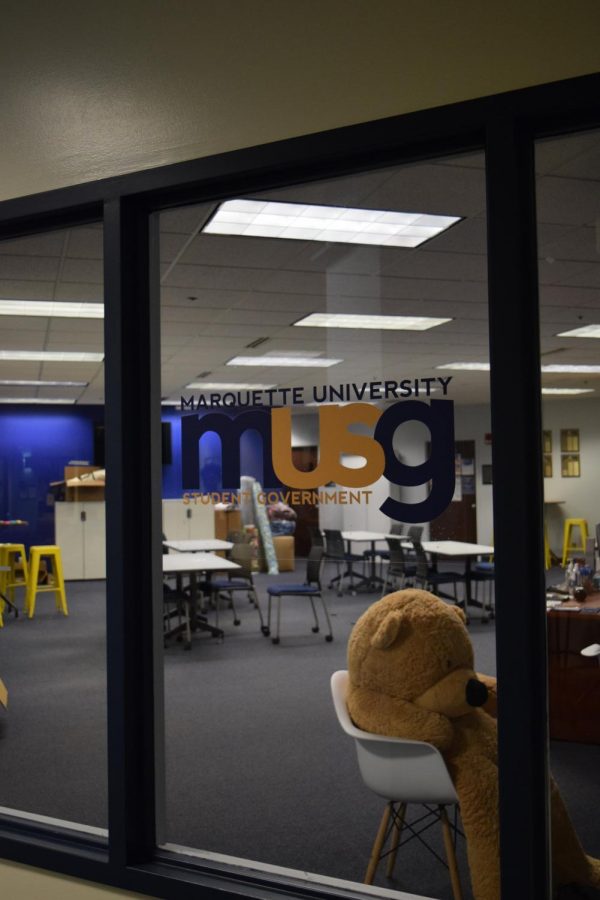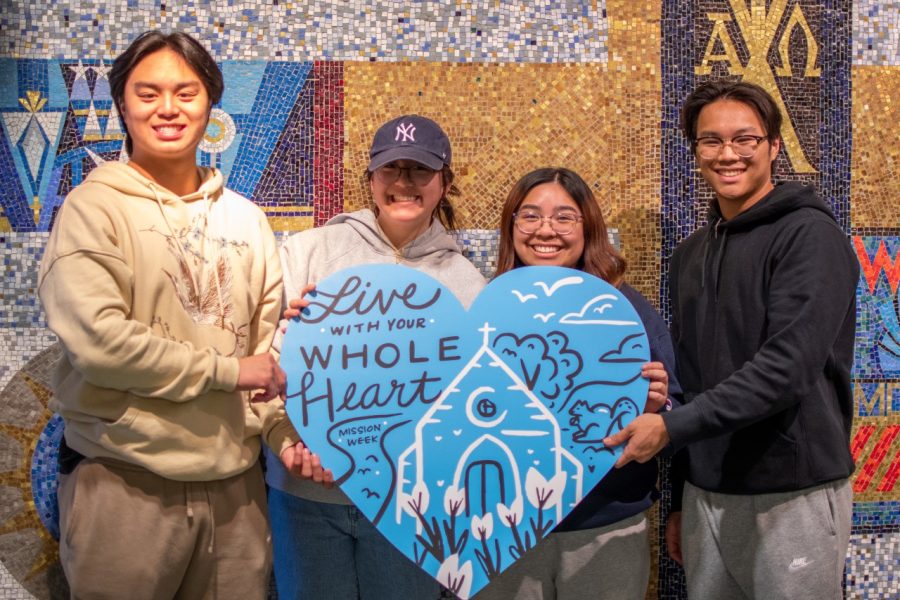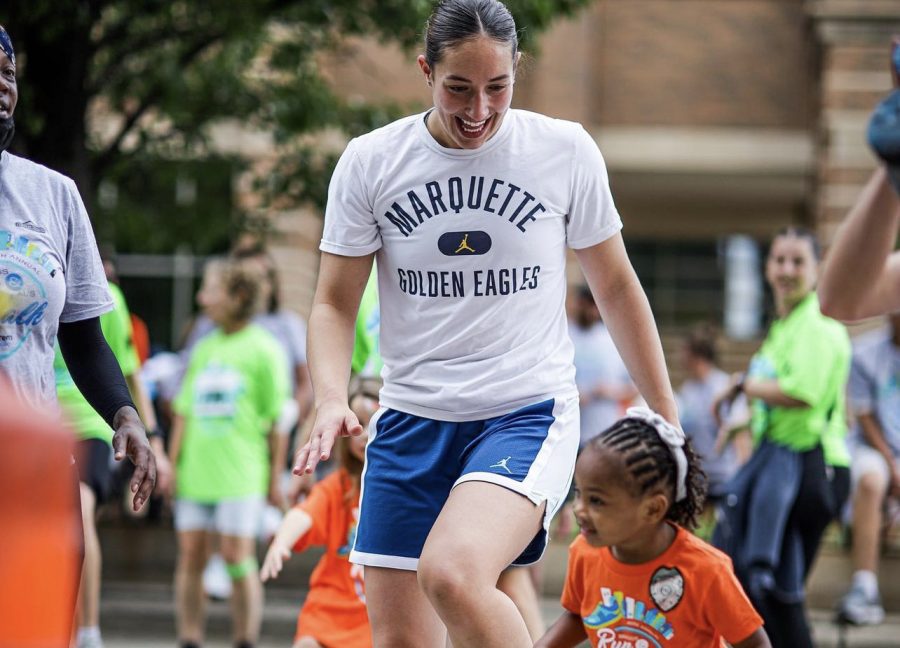“Be the difference.” This prompt comes rather timely to me. I’m an RA in a sophomore dorm, and my residents recently joined the other sophomores in completing a bystander intervention training session.
The point of these sessions is to combat the bystander effect, the phenomenon in which we witness an emergency situation, but expect someone else to take action. In the end, no one says or does anything at all.
Think of a time you’ve seen someone cut in line: you probably didn’t like it, and you might have been certain that nobody else liked it, either. But if no one says anything, it feels uncomfortable to be the one to speak up. You might tell yourself that it isn’t a big deal after all, and you might begin to doubt that anyone else is actually bothered.
If we raise the stakes, the consequences of this non-action are terrifying. Think of a drunk friend, or even someone you don’t know at all, getting ready to leave a party. He picks up his keys. He isn’t going drive, right? Somebody would say something if he were going to drive, wouldn’t they? You don’t want to be the one to call him out because it will be embarrassing for him, and you might look overbearing.
But as we discussed in the bystander intervention training, you have to set aside worries about embarrassment. We all agreed: “it’s better to be respected than liked.”
Being the difference, then, is about realizing that if you don’t stand up for what is right, it is unlikely that someone else will. Being the difference is about taking personal responsibility even if it doesn’t seem like yours to take.
Of course, this line of thought need not only apply to crisis situations. Think back to your first week at freshmen year: when you saw someone eating alone, did you say something? It was probably easiest to assume that that person was waiting for someone or very introspective. But if you had reached out to him or her, it might have made all the difference in his or her day.
Or think of that class where nobody talks to each other: the silence is painfully awkward. You probably feel ready to kiss the person who finally asks how the weekend was, or whether anyone else noticed that the professor smells like tuna. Instead of waiting for the silence to be broken, why not break it yourself?
At Marquette, we also try to combat non-action with our commitment to service. We realize that if we don’t volunteer our time and resources to better our communities, there is no guarantee that someone else will.
To “be the difference” is to see what’s wrong with the status quo – in a crisis, on campus, and in the community – and to go out on a limb to change it. “Be the change you want to see in the world,” taught Gandhi. What sage advice.




